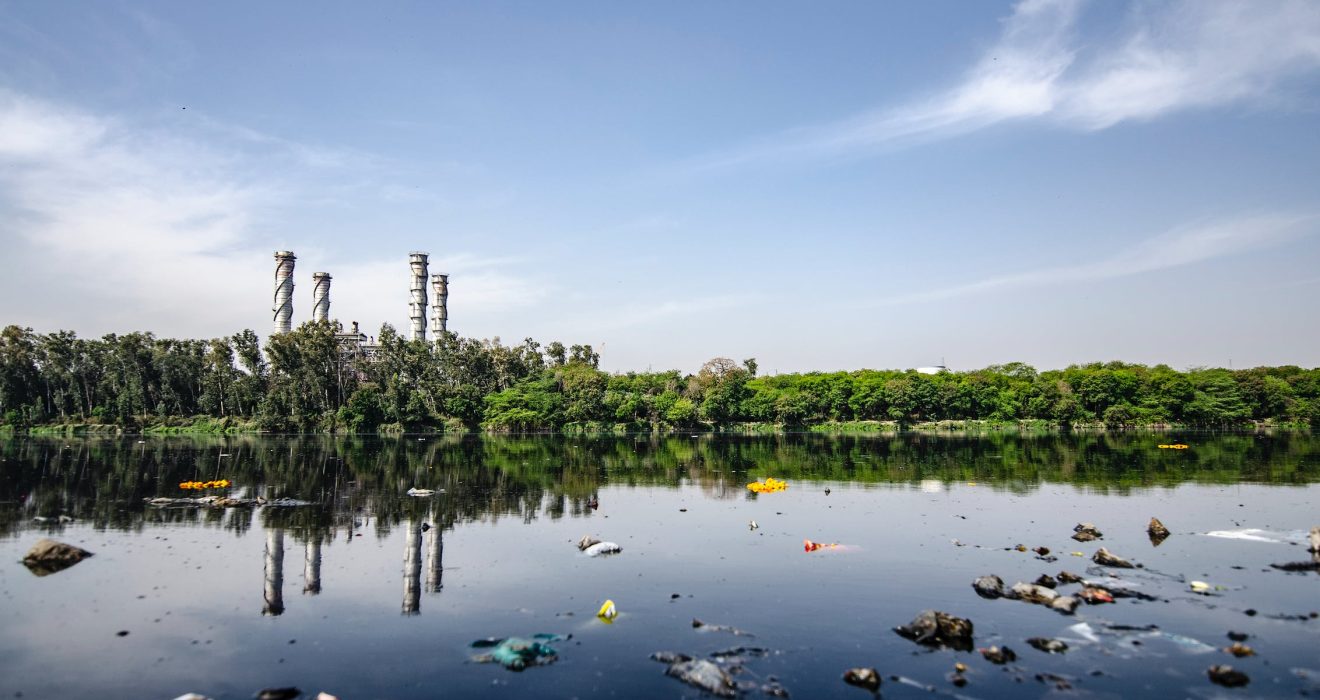In recent years, the world has borne witness to an alarming surge in extreme weather events, with prolonged droughts, devastating floods, and unprecedented heat waves becoming distressingly commonplace. This summer, the culmination of these climatic phenomena reached unprecedented heights, amplifying the urgency of addressing water-related challenges on a global scale. The 2022 Stockholm World Water Week unfolded against this backdrop, emphasizing a theme that resonates profoundly in these critical times: “Seeing the Unseen: The Value of Water.”
As the world grapples with the consequences of climate change, it becomes increasingly evident that the ‘unseen’ aspects of water, such as groundwater and ‘green water,’ hold paramount significance in sustaining ecosystems and livelihoods. Groundwater, often overlooked, provides nearly half of the world’s drinking water and supports a substantial share of agricultural and industrial activities. Meanwhile, ‘green water,’ existing in vaporous forms and soil moisture, remains less visible than its counterparts in rivers and lakes but plays a pivotal role in determining crop yields. This exploration delves into the intricate dimensions of water, shedding light on the crucial yet often neglected facets that demand urgent attention and a paradigm shift in our approach to water management.
Groundwater and ‘Green Water’
Groundwater, constituting nearly half of the world’s drinking water and a substantial portion for irrigation and industrial needs, remains underappreciated within the water community. Additionally, ‘green water,’ encompassing vapors, humidity, and soil moisture, plays a pivotal role in determining crop yields and sustaining livelihoods. Yet, these aspects are often obscured in the shadows of more visible water sources like rivers and lakes. The ‘green water planetary boundary’ has already been breached, as reported by Nature Reviews Earth & Environment, emphasizing the urgent need for recognition and conservation.
An Imperative for Sustainable Management
The undervaluation of water emerges as a fundamental cause of mismanagement and insufficient investment in water-related services. The Valuing Water Initiative, pioneered by the Netherlands government, underscores the multifaceted values of water, encompassing sociocultural, economic, and religious dimensions. Traditional economic assessments, tethered to transactional prices, fall short in capturing the comprehensive value of water, perpetuating its inadequate pricing and hindering effective conservation efforts. The slow integration of water valuation and financing into the international water agenda reflects a recent awakening to their pivotal roles.
Key Takeaways from Stockholm World Water Week 2022
Against the backdrop of unprecedented global water challenges, the 2022 Stockholm World Water Week yielded critical insights. Recognizing water resources as integral to the economy emerged as a central theme, emphasizing the need to measure the value of natural resources, including water, and categorize them as assets or natural capital. Examples like the trillion-dollar worth of seagrass for carbon sequestration services underscored the economic significance of ecosystems, prompting calls for legal frameworks that shift from extractive to regenerative approaches.
Bridging the Gap Between Intention and Action on SDG 6
Despite global commitments to achieve Sustainable Development Goal 6 (clean water and sanitation for all), a persistent gap between intention and action prevails. Social norms, as explained by Juan Velasquez of Linnaeus University, contribute to this dissonance, emphasizing the importance of incentives and motivations in driving behavioral change. Economic instruments such as tariffs and subsidies play a role in valuing water, but their limitations, exemplified by South Africa’s water charges on agricultural water, necessitate a nuanced and consultative approach.
Assessing the Limitations of Economic Instruments
While economic instruments play a crucial role in valuing water, their limitations and potential inequities come to the fore. The South African example illustrates the unintended consequences of water charges on emerging farmers during land reform. Alternative approaches, such as a consultative process and improved data sources, are suggested remedies. However, the question remains whether these innovations can address underlying principles, such as property rights, that may be incongruent with water resource valuation.
UN Water Conference and the Role of Global Initiatives
Anticipating the upcoming UN Water Conference in March 2023, the first in almost half a century, offers a pivotal opportunity to redefine global perspectives on water. The Global Commission on the Economics of Water and the planned Roundtables on Financing Water aim to challenge traditional economic thinking and catalyze action. With ambitions to move beyond conventional approaches, these initiatives set the stage for a transformative dialogue that can shape a sustainable future for global water resources. The OECD Environment Directorate eagerly anticipates engaging in this unprecedented opportunity to contribute to the vital discourse on water valuation and protection.
Conclusion
In concluding, global water challenges and the imperative to recognize the unseen dimensions of water, it is clear that the value of water extends far beyond its transactional cost. As we navigate an era of climate uncertainty, the multifaceted nature of water, encompassing groundwater and ‘green water,’ demands a recalibration of our approach to conservation and management. The 2022 Stockholm World Water Week served as a crucial platform to underscore the urgency of this paradigm shift.
Valuing water, with its socio-cultural, economic, and religious dimensions, emerges as a linchpin for sustainable water management. The gaps between intention and action on Sustainable Development Goal 6 underscore the need for nuanced approaches, considering social norms and leveraging adequate incentives. As the international community looks ahead to the UN Water Conference in 2023, the initiatives like the Global Commission on the Economics of Water and Roundtables on Financing Water provide avenues to reshape global perspectives and catalyze transformative action for a resilient and equitable water future. The path forward demands a collective commitment to ‘see the unseen’ and prioritize water as an invaluable asset essential for the well-being of our planet and its inhabitants.

